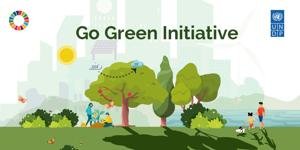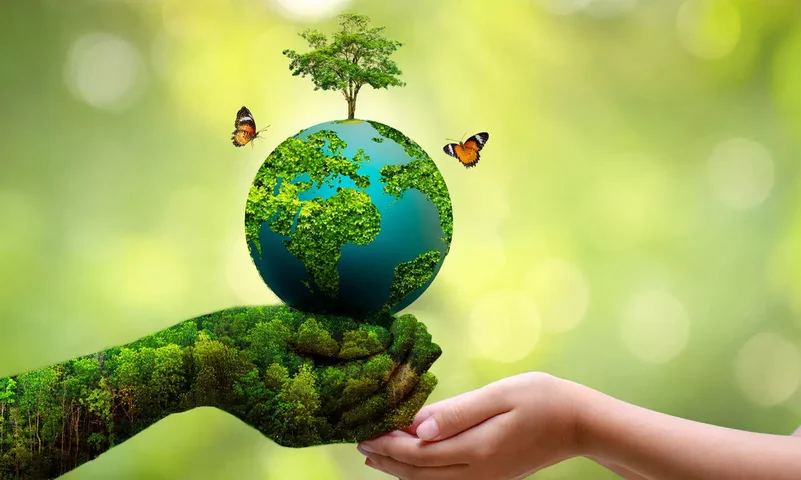
Welcome to Diuwin
As the world grapples with the escalating impacts of climate change, environmental sustainability has become a central concern for communities, organizations, and individuals alike. The concept of a “Green Planet Initiative” embodies the collective efforts aimed at restoring ecosystems, promoting sustainable practices, and ensuring a healthier future for generations to come. In this context, the hypothetical initiative “Diuwin is a Green Planet Initiative” can be explored as a model for how organizations and communities might drive meaningful environmental action.
Green Planet Initiatives are comprehensive programs designed to accelerate climate action, restore degraded landscapes, and promote sustainable development. For example, the Green Planet Initiative 2050 (GPI2050) focuses on environmental conservation, sustainable agriculture, clean energy, and poverty alleviation, particularly at the grassroots level. Such initiatives typically work with vulnerable communities-including small-scale farmers, pastoralists, and forest-dependent populations-to implement locally appropriate solutions for ecosystem restoration and climate resilience.
A successful Green Planet Initiative, as exemplified by GPI2050, employs several strategic steps:
: Building on existing local knowledge and proven innovations to ensure community acceptance and long-term impact.
: Empowering communities, especially women and youth, through peer-to-peer learning, capacity building, and the formation of local groups and cooperatives.
: Promoting tree planting and sustainable land use, while supporting economic opportunities through the marketing of agroforestry products such as honey, fruits, and livestock.
: Utilizing various media, including local radio, to disseminate information and inspire broader participation in environmental stewardship.
: Engaging stakeholders across sectors-including government, NGOs, and private enterprises-to scale up restoration efforts and achieve shared climate goals.
If “Diuwin” were to be established as a Green Planet Initiative, its mission would likely align with these core principles:
: Diuwin would prioritize the restoration of forests, grasslands, and wetlands, recognizing the critical role of native tree species in supporting biodiversity and sequestering carbon
: The initiative would advocate for clean energy adoption, sustainable agriculture, and responsible resource management to reduce environmental footprints and build community resilience6.
: Diuwin would foster grassroots movements, ensuring that local voices drive the design and implementation of restoration projects. This approach not only enhances effectiveness but also builds long-term stewardship.
: By offering workshops, training, and public campaigns, Diuwin would raise awareness about the importance of environmental conservation and equip individuals with the skills needed to contribute to sustainability efforts.
: The initiative would set clear targets-such as hectares of land restored, number of trees planted, or reduction in carbon emissions-and regularly report progress to stakeholders.
The success of Green Planet Initiatives like GPI2050 demonstrates that landscape restoration and sustainable development are achievable when local communities are empowered and supported by effective frameworks146. Such models are increasingly recognized as essential for meeting global climate targets and securing the well-being of both people and the planet.
“Diuwin is a Green Planet Initiative” represents the kind of visionary, community-driven action needed to address the environmental challenges of our time. By prioritizing ecosystem restoration, sustainable livelihoods, and inclusive participation, Diuwin would not only contribute to a greener planet but also inspire others to join the movement for a sustainable future. The lessons from established initiatives like GPI2050 provide a roadmap for how Diuwin-and similar efforts-can make a lasting, positive impact on the world

Our Pages
About Us
Privacy Policy
Term & Condition
Contact Us
